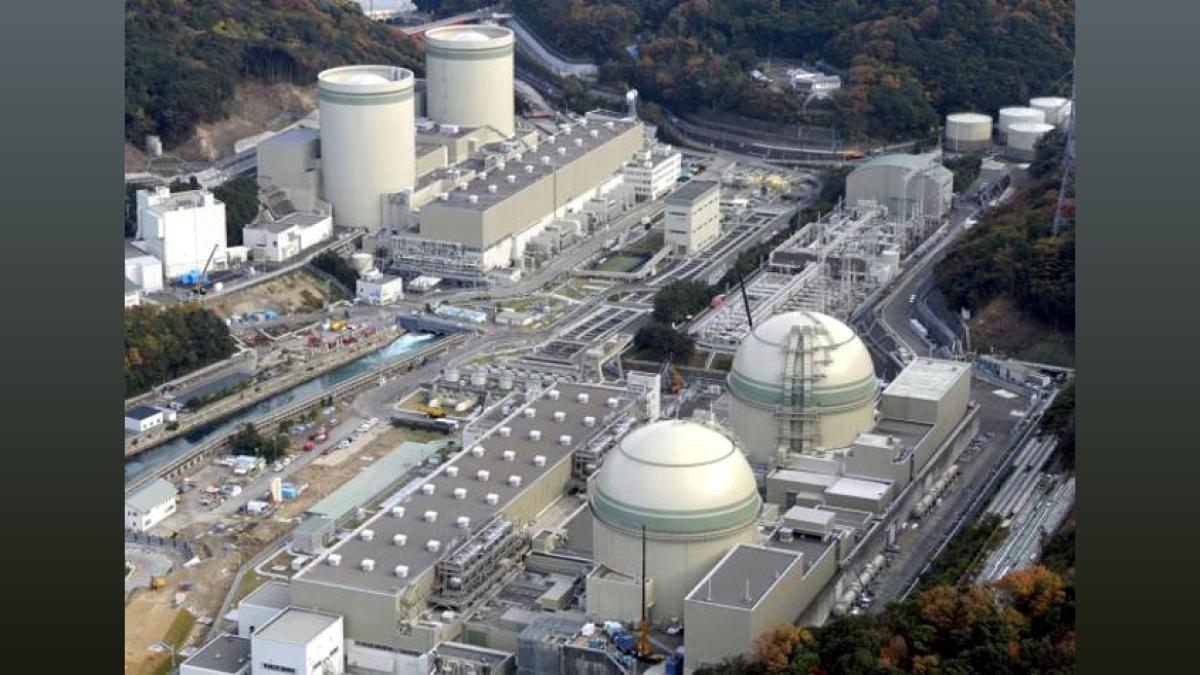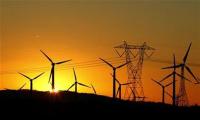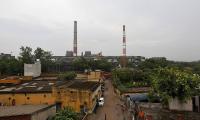UK Nuclear Plant Cost Soars to $59 Billion, Completion Delayed
Britain's flagship nuclear power plant, Hinkley Point C, faces significant cost overruns and delays, with the final bill potentially reaching USD 59 billion and completion pushed to after 2029.

London, Jan 24 (AP) A major nuclear plant that Britain's government hopes will generate affordable, low-carbon energy could cost up to 46 billion pounds (USD 59 billion), and the completion date could be delayed to after 2029, the firm developing it said Wednesday.
The UK government says nuclear projects like the Hinkley Point C plant are a key part of its plans to ensure greater energy independence and achieve its net zero by 2050 strategy.
But a re-evaluation showed that the final bill for the plant, being built in Somerset in southwest England, could soar to up to 34 billion pounds in 2015 prices or 43 billion pounds in current value, French energy giant EDF said.
Officials had previously said that the Hinkley plant would start producing electricity in 2027, but the completion date has now been pushed back to 2029 at the earliest.
Like other infrastructure projects, we have found civil construction slower than we hoped and faced inflation, labour and material shortages on top of Covid and Brexit disruption," said Stuart Crooks, managing director of Hinkley Point C.
EDF and the UK government have said the plant will become a major source of decarbonized electricity supply for the UK, generating enough to power six million homes and providing some 7 per cent of the country's electricity.
The Conservative government is investing heavily in nuclear power, with ambitions to generate up to a quarter of the country's projected electricity demand by 2050.
The move has divided opinion and drawn criticism from green groups.
Some experts say nuclear energy will be needed to help nations wean off fossil fuels, but there are concerns about the substantial cost and timescale of building large nuclear reactors as well as worries over safety and nuclear waste. Other clean energy, such as wind farms, can be built and come online much faster.
Critics, including the UK government's own climate advisers, say the UK's support for new domestic oil and gas production and its slow pace in transitioning to green energy were undermining its net zero pledges.
Authorities have promised to reduce emissions by 68 per cent by 2030, eventually reaching net-zero or releasing only as much greenhouse gas as can be absorbed again through natural or technological means by 2050.
The UK government says nuclear projects like the Hinkley Point C plant are a key part of its plans to ensure greater energy independence and achieve its net zero by 2050 strategy.
But a re-evaluation showed that the final bill for the plant, being built in Somerset in southwest England, could soar to up to 34 billion pounds in 2015 prices or 43 billion pounds in current value, French energy giant EDF said.
Officials had previously said that the Hinkley plant would start producing electricity in 2027, but the completion date has now been pushed back to 2029 at the earliest.
Like other infrastructure projects, we have found civil construction slower than we hoped and faced inflation, labour and material shortages on top of Covid and Brexit disruption," said Stuart Crooks, managing director of Hinkley Point C.
EDF and the UK government have said the plant will become a major source of decarbonized electricity supply for the UK, generating enough to power six million homes and providing some 7 per cent of the country's electricity.
The Conservative government is investing heavily in nuclear power, with ambitions to generate up to a quarter of the country's projected electricity demand by 2050.
The move has divided opinion and drawn criticism from green groups.
Some experts say nuclear energy will be needed to help nations wean off fossil fuels, but there are concerns about the substantial cost and timescale of building large nuclear reactors as well as worries over safety and nuclear waste. Other clean energy, such as wind farms, can be built and come online much faster.
Critics, including the UK government's own climate advisers, say the UK's support for new domestic oil and gas production and its slow pace in transitioning to green energy were undermining its net zero pledges.
Authorities have promised to reduce emissions by 68 per cent by 2030, eventually reaching net-zero or releasing only as much greenhouse gas as can be absorbed again through natural or technological means by 2050.
You May Like To Read
TODAY'S MOST TRADED COMPANIES
- Company Name
- Price
- Volume
- Vodafone Idea L
- 8.10 (+ 18.94)
- 352105814
- GTL Infrastructure
- 1.50 (+ 7.14)
- 20982285
- G G Engineering
- 0.90 (+ 11.11)
- 20091512
- AvanceTechnologies
- 0.54 ( -8.47)
- 18780688
- YES Bank Ltd.
- 17.33 (+ 2.61)
- 14468025







 © 2025 Rediff.com India Limited. All rights reserved.
© 2025 Rediff.com India Limited. All rights reserved.